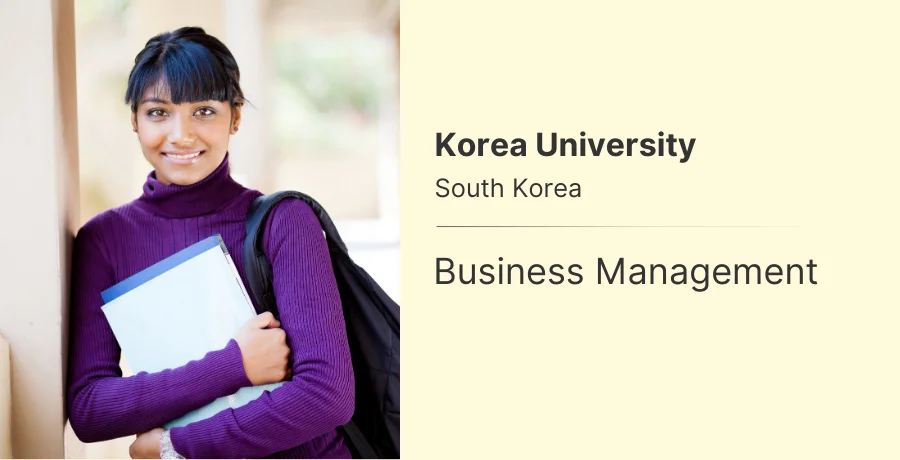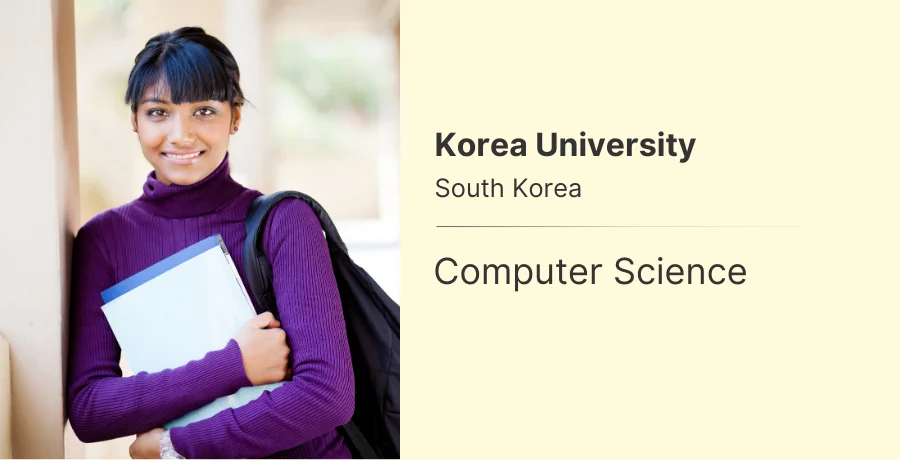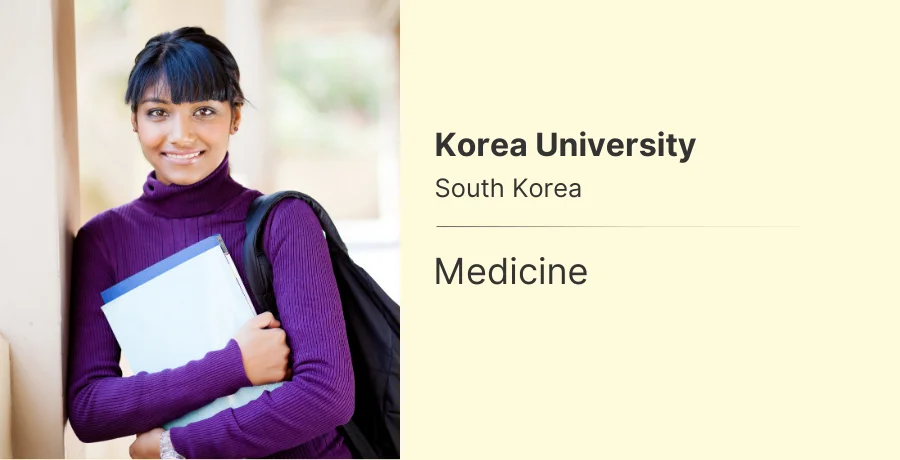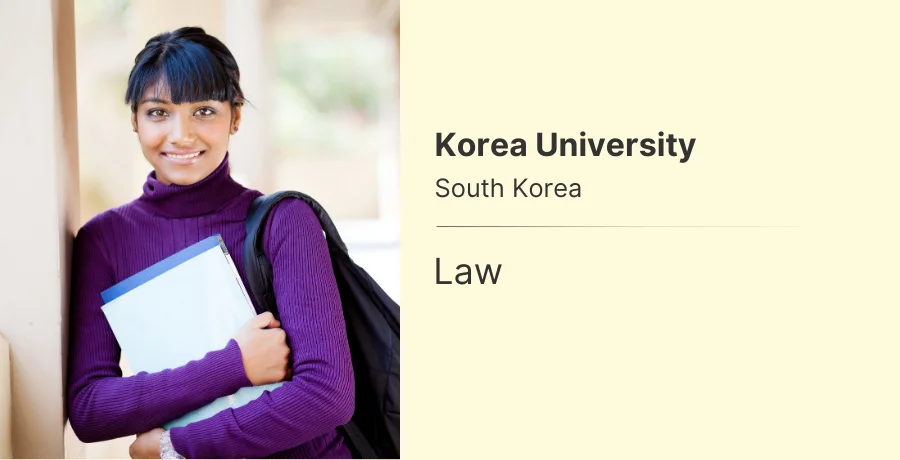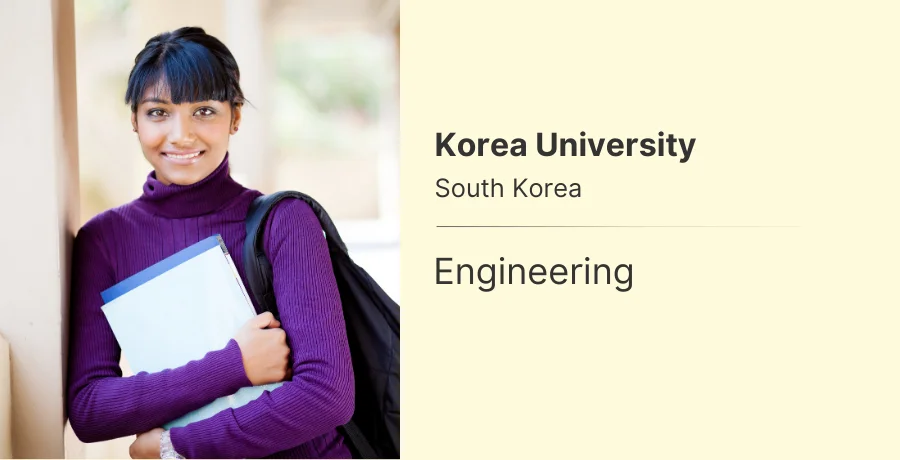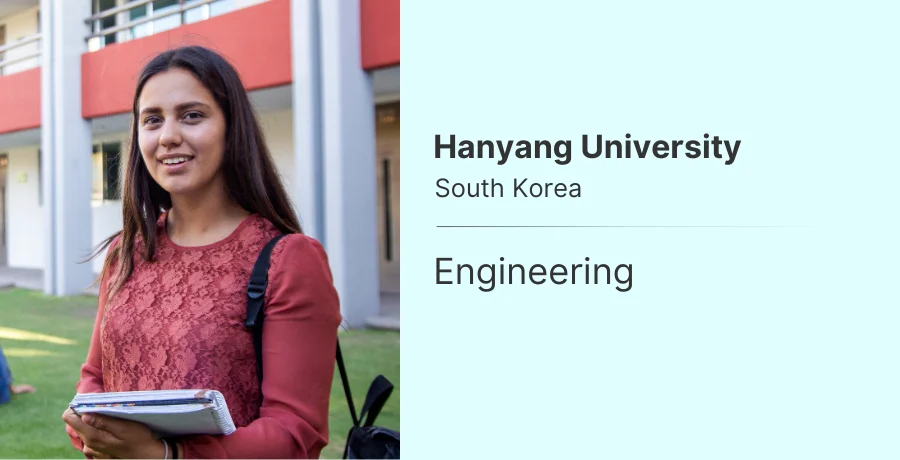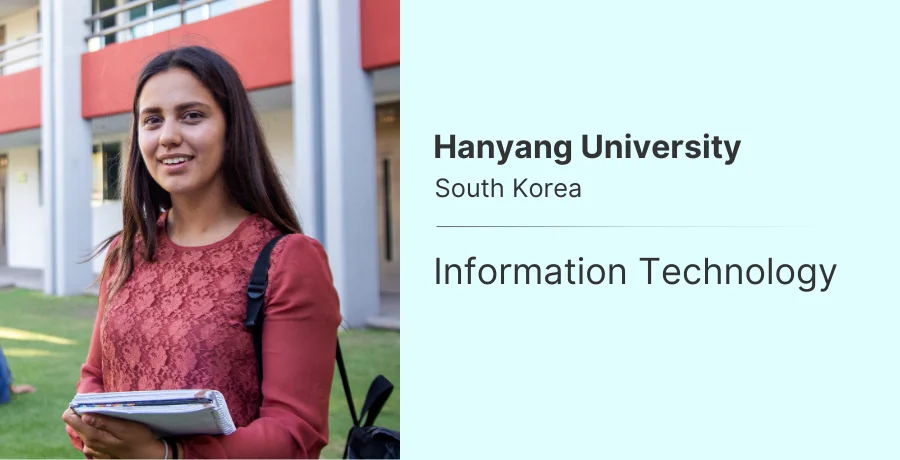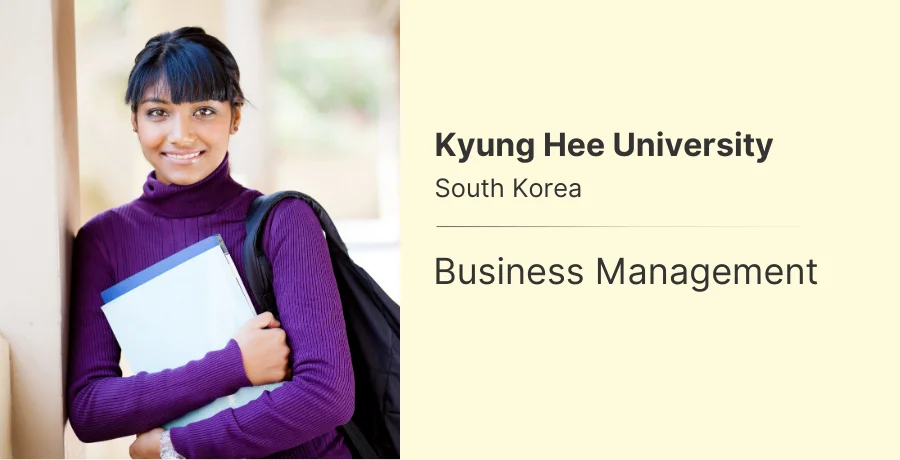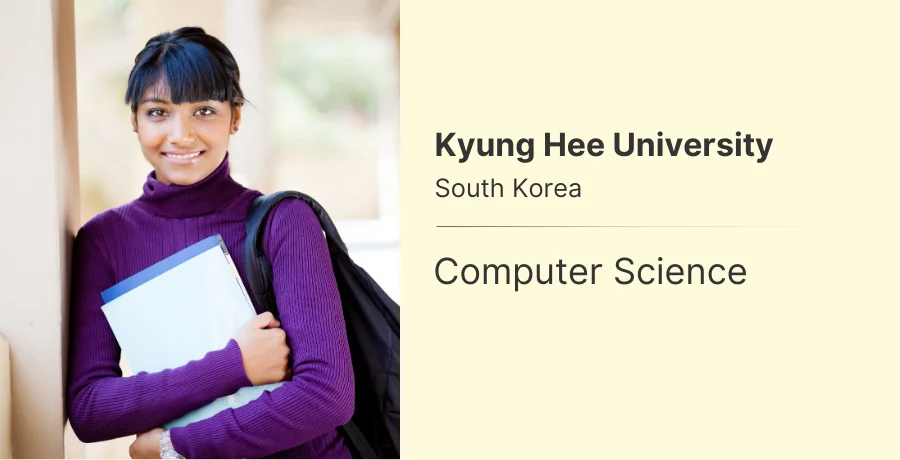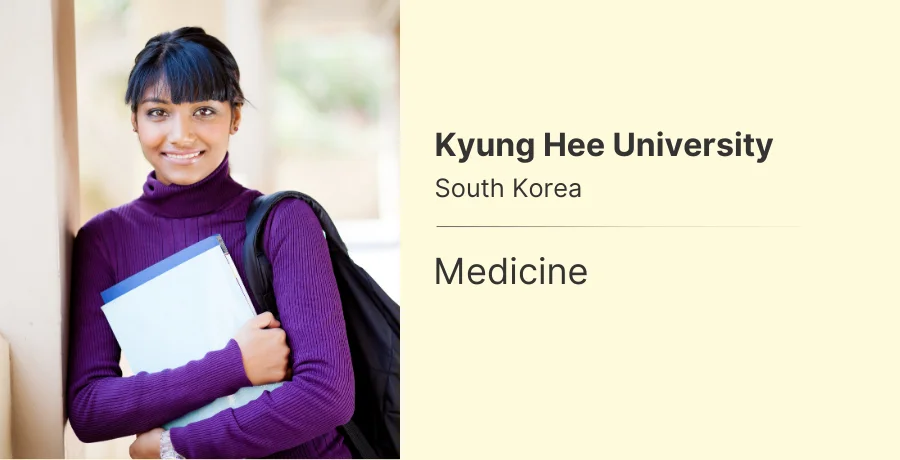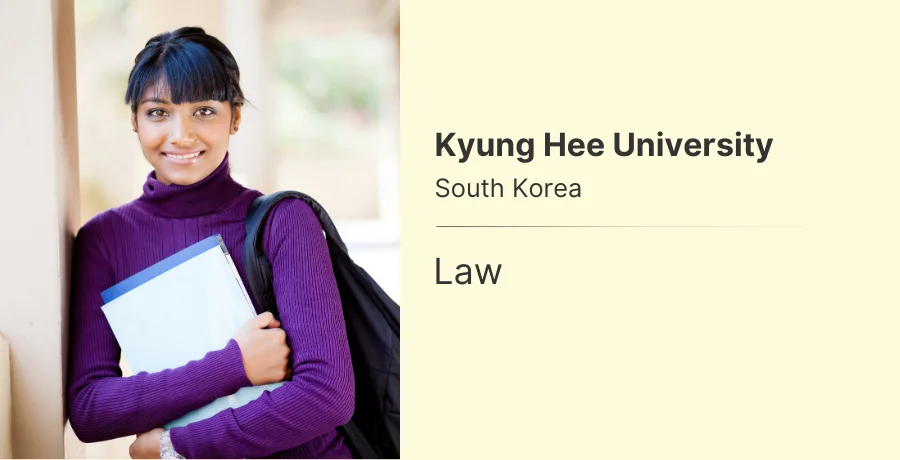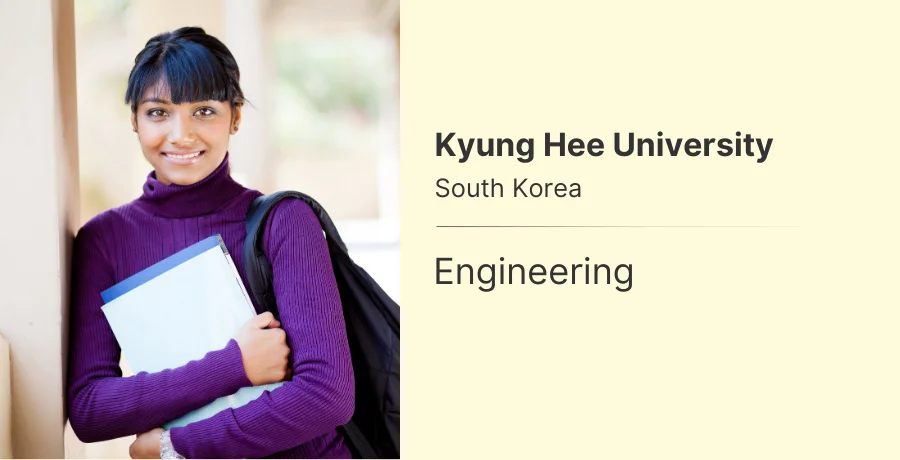South Korea has become an increasingly popular destination for international students, including those from India. With its cutting-edge education system, vibrant culture, and economic opportunities, South Korea offers a unique experience for those seeking higher education abroad. This blog will address common questions Indian students may have about studying in South Korea.
Cost of Studying in South Korea
The cost of studying in South Korea from India can vary depending on the university, program, and lifestyle choices. On average, tuition fees for undergraduate programs range from $4,000 to $7,000 per semester, while graduate programs can cost between $5,000 and $11,000 per semester. Living expenses, including accommodation, food, and transportation, can amount to approximately $800 to $1,200 per month. Researching the specific costs associated with the chosen university and program is essential to create a realistic budget.
Study Environment in South Korea
South Korea is a popular destination for Indian students due to its high-quality education system, technological advancements, and vibrant culture. Many universities offer programs in English, making it accessible for international students. The country's emphasis on research and innovation creates a stimulating academic environment. Additionally, the diverse student population allows for a rich cultural exchange. Studying in South Korea provides an opportunity to gain a global perspective and develop a strong professional network.
Admission Requirements and Scholarships
Indian students must take standardized tests like the SAT, ACT, or Korean proficiency exams such as TOPIK for admission to South Korean universities. Some universities may also require an essay, letters of recommendation, and a statement of purpose. It is crucial to check the specific admission requirements for the chosen university and program.
While full scholarships are rare, South Korean universities offer various scholarships based on academic merit, financial need, and other criteria. Students can explore these options to fund their studies. Some scholarships cover tuition fees, living expenses, and airfare, while others offer partial support. Researching and applying for scholarships early in the application process is advisable.
The percentage required to study in Korea varies by university and program. Generally, a good academic record is essential for admission to reputable institutions. While there is no specific percentage requirement, a high school percentage of 70% or above is often preferred. It is important to note that some universities may have specific percentage requirements or cut-off marks for admission.
Bank balance
South Korean universities may require proof of sufficient funds to cover tuition fees and living expenses. The amount can vary, typically around $10,000 to $15,000 annually. This requirement ensures that students can support themselves during their studies. It is advisable to have additional funds for emergencies and personal expenses.
Academic and Language Requirements
Degrees from recognized South Korean universities are generally accepted in India. However, verifying the recognition of specific degrees with relevant authorities is advisable. This ensures that the degree will be considered valid for further education or employment in India.
While some programs are offered in English, having a basic understanding of Korean can enhance the overall experience and facilitate communication with locals. Studying Korean can also provide access to various programs and opportunities. Some universities offer language courses for international students to improve their Korean skills.
English proficiency tests like IELTS or TOEFL are often required for programs taught in English. However, some universities may waive this requirement based on the applicant's background, such as having completed their previous education in English. It is essential to check the specific English proficiency requirements for the chosen university and program.
The required IELTS score for South Korean universities varies but typically ranges from 5.5 to 7.0 for undergraduate programs and 6.0 to 7.5 for graduate programs. Some universities may have higher or lower requirements depending on the program and the applicant's background. Aiming for a higher score is advisable to increase the chances of admission.
Lifestyle and Cultural Aspects
Expenses – India vs South Korea
South Korea can be relatively expensive for Indian students compared to India. However, cost-saving measures like budgeting, exploring student discounts, and choosing affordable accommodation options can help manage expenses. Additionally, part-time jobs are available for international students, providing an opportunity to earn income and gain work experience.
Certain items like public transportation, electronics, and skincare products can be more affordable in South Korea compared to India. This can offset some of the higher tuition and living expenses costs. Indian students can use these cost savings during their stay in South Korea.
English in Korea
South Korea offers English classes for international students to improve their language skills and adapt to the academic environment. These classes can benefit students who are not fluent in English or Korean. Additionally, many universities have language exchange programs, allowing students to practice their language skills with native speakers.
While English is widely used in academic and urban settings, learning basic Korean phrases can enhance communication and cultural integration during your stay. This can help build relationships with locals and facilitate daily activities like shopping and ordering food. Learning some basic Korean phrases before arriving in South Korea is advisable.
Choosing the Right Course and Future Prospects
The best course in Korea depends on individual interests, career goals, and strengths. Popular fields include engineering, technology, business, and Korean studies. Researching the specific requirements, job prospects, and reputation of the chosen field is essential to making an informed decision.
Indian students can pursue undergraduate studies in South Korea after completing their 12th grade. They need to meet the admission requirements of the chosen university, which may include standardized tests, English proficiency exams, and a solid academic record.
South Korea offers post-study work opportunities for international students to gain practical experience and potentially transition to long-term employment in the country. Students can apply for work visas and seek employment in their field. This can provide a pathway to permanent residency and citizenship in South Korea.
Comparison and Recommendations to Study in South Korea
The best study country depends on personal preferences, academic goals, and career aspirations. South Korea is popular for its educational quality, technological advancements, and cultural richness. It offers a unique blend of academic excellence and cultural immersion, providing students with a well-rounded educational experience.
Some challenges of studying in South Korea include language barriers, cultural differences, and the competitive academic environment. However, these can be overcome with preparation and support. Students can take language courses, join cultural clubs, and seek academic guidance to navigate these challenges.
Like any other country, South Korea has weaknesses, such as high competition, work culture pressures, and air pollution in certain areas. Understanding these aspects can help students make informed decisions and prepare for the challenges they may face during their studies.
Conclusion
Studying in South Korea offers a unique blend of academic excellence, cultural immersion, and career opportunities for Indian students. Students can make informed decisions by understanding the admission requirements, financial considerations, and cultural aspects and have a fulfilling educational experience in this dynamic country. With careful planning and preparation, Indian students can successfully navigate the challenges of studying in South Korea and build a strong foundation for their future careers.
